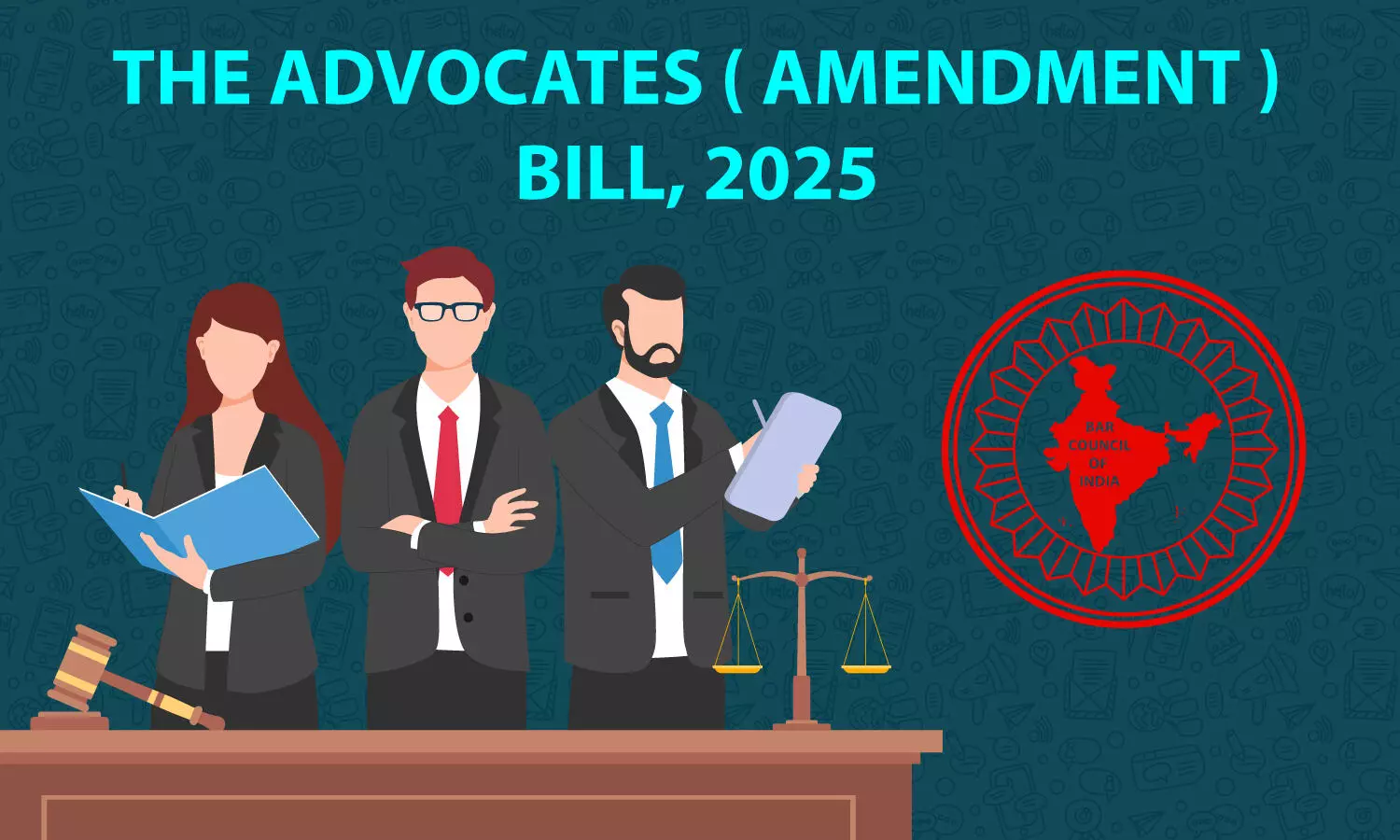The Advocates Amendment Bill, 2025 is nothing short of a direct assault on the Independence of the legal profession and an authoritarian attempt to transform lawyers from the guardians of justice into mere government puppets. This bill reeks of executive overreach, constitutional violations, and a deep-seated fear of accountability. The legal profession has historically stood as the last line of defence against tyranny, and this government is hell-bent on dismantling that very foundation.
Section 35A – Criminalising lawyers’ strikes: the death knell of dissent
The bill seeks to criminalise strikes, boycotts, and abstentions from judicial work by labelling them professional misconduct. This provision is a clear violation of Article 19 (1)(a) and (b) of the Constitution, which guarantee freedom of speech and peaceful assembly.
Legal precedents that mitigate against this proposed law
- Basheshar Nath CIT (1959 AIR 149): The Supreme Court held that fundamental rights are sacrosanct and cannot be taken away by legislative action. This provision seeks to suppress collective bargaining power and dissent, violating the core principles of free expression.
- K. Rangarajan v. Government of Tamil Nadu (2003): While the SC ruled that government employees do not have an absolute right to strike, it never extended this ruling to the legal fraternity, which does not operate as a government body. Lawyers serve the cause of justice, and their right to protest unjust policies is non-negotiable.
- Mazdoor Sangh State of Bihar (2004): The Court recognised that strikes and collective protests are essential tools in fighting government overreach. By criminalising lawyer strikes, the government intends to silence the loudest voices against its excesses.
This provision does not seek discipline, it seeks obedience a demand that lawyers become docile tools in the hands of an authoritarian regime.
Section 16 government infiltration of Bar Councils: a hostile takeover of justice
The bill proposes government-nominated members be appointed to Bar Council of India (BCI) and State Bar Councils. This is an unconstitutional violation of the autonomy of the legal profession and a direct threat to judicial independence.
Legal Precedents that mitigate against this incursion
Supreme Court Advocates on Record Association v. Union of India (2015) (NJAC Judgment): The Supreme Court struck down the NJAC Act, which sought to give the executive a say in judicial appointments. If the judiciary must remain independent, why should its gatekeeping body be controlled by the executive?
- Chandra Kumar v. Union of India (1997): The SC reaffirmed that the executive cannot interfere with institutions that regulate the judiciary. Bar Councils are self-regulatory bodies and must remain free from political interference.
- Indira Jaising Supreme Court of India (2017): The SC upheld the autonomy of legal professionals and emphasised that **independent bar councils are integral to judicial independence.
The Bar Councils were never meant to be puppets of the state. Allowing the government to infiltrate them will mean that every lawyer who dares to challenge the government will face disciplinary action from government-appointed stooges. This is nothing less than an institutional coup against the legal profession.
Section 26 – restricting entry into legal practice: a gateway to elite control
The bill proposes new, arbitrary restrictions on who can enter the legal profession, making it harder for young law graduates to enrol. This is an elite, unconstitutional barrier that seeks to curtail the influx of young, bold, independent legal minds who might stand against government overreach.
Legal Precedents that counter this discriminatory move:
- State of Maharashtra v. Manubhai Pragaji Vashi (1995): The SC held that access to the legal profession is a fundamental right tied to access to This bill erects unnecessary barriers and violates the principle of equality (Article 14).
- All India Judges’ Association Union of India (2002): The SC ruled that judicial independence starts from the bar. If the bar is infiltrated, the bench will soon follow.
- P. Gupta v. Union of India (1981): The SC emphasized that judicial independence is not just about judges it extends to legal education and the legal profession. The bill seeks to corrupt that very foundation.
A declaration of war against the legal profession?
This controversial bill is not about reforms it is about absolute control. It is a smokescreen to dismantle the autonomy of lawyers, install government loyalists in regulatory bodies, and silence every dissenting voice. The legal profession has always been the greatest obstacle to tyranny, and this government appears hell bent on bulldozing that resistance.
What makes this Bill a disgrace
- It violates the fundamental rights of lawyers and law
- It hands over legal regulatory bodies to government
- It seeks to silence dissent by criminalizing
- It curtails the judiciary’s ability to remain
The Supreme Court must strike down this abomination before it destroys the very fabric of justice in India. Lawyers across the country must rise, resist, and reject this sham of a bill.
The fight is not just for the legal community it is for every citizen who believes in democracy, accountability, and the rule of law.
The government fears independent lawyers because they expose its corruption and illegalities. This bill is its desperate attempt to enslave the legal fraternity. But let this be a warning: Lawyers do not bow to tyrants. They fight them, and they win.
Disclaimer: The views expressed here are the author’s personal views, and do not necessarily represent the views of Sabrangindia.
Related:
No toilets for women lawyers in Ooty court complex for the last 25 years!
Lawyers must break the silence of complicity, question flaws of executive overreach: Kapil Sibal
